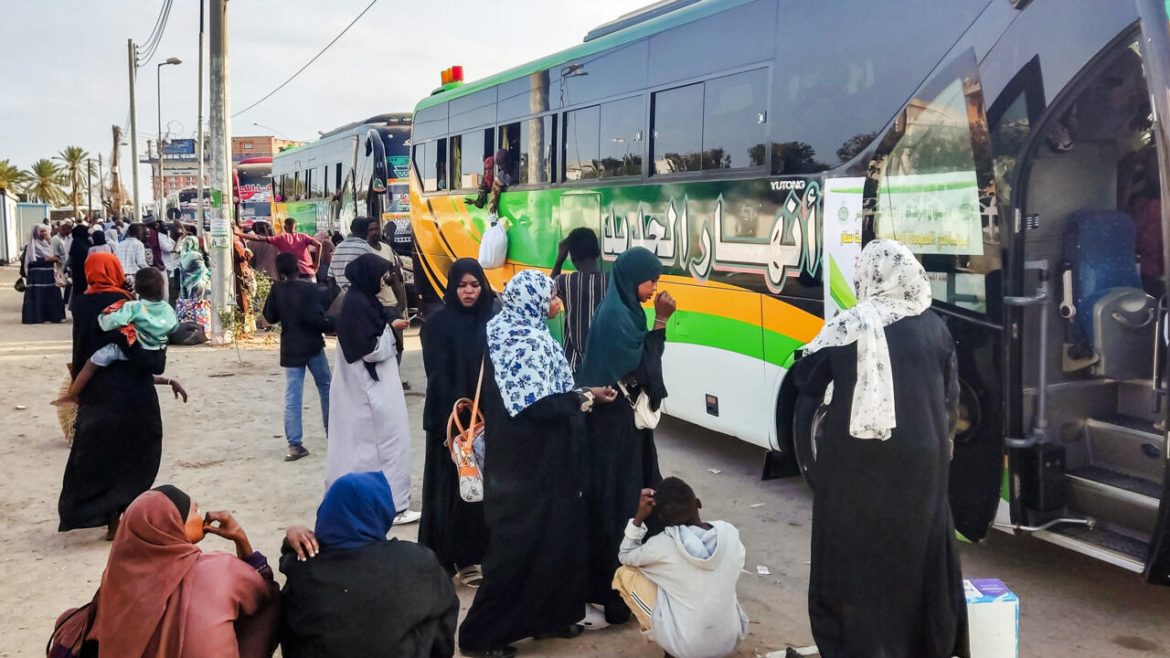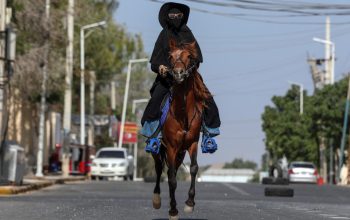Sudan has been ravaged by 20 months of fighting between the regular army and the paramilitary Rapid Support Forces (RSF), and the African country has been identified as one of the world’s worst humanitarian disasters.
The World Food Programme warned Thursday that Sudan risks becoming the world’s largest hunger crisis in recent history, with 1.7 million people across the country either facing famine or at risk of famine.
“We see on too many Sudanese faces hunger, despair,” Blinken said at a UN Security Council meeting on Sudan.
He lamented that political and military crises have “derailed Sudan’s transition to democracy and unleashed what is the worst humanitarian crisis in the world.”
“The United States has worked intensively with partners to provide relief to Sudan… today we are announcing another roughly $200 million,” he added noting that in some parts of Sudan, people are forced to eat grass and peanut shells to survive.
OCHA operations director Edem Wosornu told the Security Council $4.2 billion would be needed to support the needs of Sudan’s people next year.
Fraction of aid need met
“The volume of humanitarian aid reaching people in need remains a fraction of what is required,” Wosornu told the Council.
“Ultimately, the only way to end this cycle of violence, death and destruction is for this Council to rise to the challenge of delivering lasting peace in Sudan.”
Nearly all of the vast Darfur region of western Sudan is now controlled by the RSF, which has also taken over swathes of the neighboring Kordofan region as well as much of the center of the country.
The regular army retains control of the north and east, while the capital Khartoum and its surrounding cities are a battleground between the warring parties.
As fighting rages on the ground, 10 Sudanese civilians were killed and 20 wounded in paramilitary shelling of North Darfur’s besieged capital El-Fasher that hit the city’s main hospital and other areas on Wednesday.



